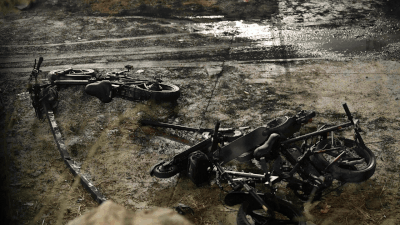
An Israeli airstrike in 2006 profoundly impacted a Lebanese journalist, altering her life and career. The attack, which targeted her home in Beirut, left her grappling with physical injuries and psychological scars. This incident highlights the broader context of the conflict between Israel and Hezbollah, a militant group based in Lebanon.
The 2006 war between Israel and Hezbollah was marked by intense violence, resulting in significant casualties and destruction. Over 1,200 people in Lebanon, primarily civilians, and more than 160 Israelis, mostly soldiers, lost their lives. The conflict also led to widespread infrastructure damage in Lebanon, displacing many residents.
The journalist, who prefers to remain anonymous, described the harrowing experience of surviving the attack. She recalled the moment her home was struck, resulting in severe injuries that required extensive medical treatment. Despite the physical recovery, the psychological impact of the event has been long-lasting, shaping her perspectives and professional endeavors.
In the years following the attack, she has become an outspoken advocate for peace and reconciliation. Her work as a journalist has focused on documenting the human cost of conflict, emphasizing the need for dialogue and understanding between communities. She believes that sharing personal stories of suffering and resilience can contribute to a broader awareness of the consequences of war.
The Lebanese journalist’s experience underscores the fragile security situation in Lebanon, particularly in regions close to the Israeli border. The ongoing tensions between Israel and Hezbollah continue to pose a threat to civilians, as both sides engage in periodic skirmishes and rhetoric. The recent escalations have once again brought attention to the volatile nature of the border area, with both parties exchanging accusations and warnings.
Lebanon’s political landscape remains deeply affected by the legacy of past conflicts and the presence of various militant groups. The country’s leadership faces significant challenges in maintaining stability and addressing the socio-economic issues that have been exacerbated by years of unrest. Efforts to disarm militant groups and enforce UN resolutions, such as the 2006 resolution calling for Hezbollah’s disarmament, have been met with limited success.
This journalist’s journey from a war victim to a peace advocate illustrates the resilience and determination of individuals affected by conflict. Her story serves as a reminder of the ongoing human toll of the Israel-Hezbollah conflict and the urgent need for sustainable peace initiatives in the region. By continuing to share her experiences and insights, she hopes to inspire others to work towards a future free from the devastations of war.




